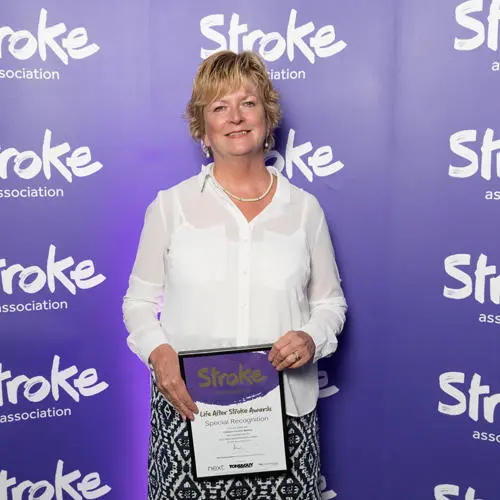Government commits to £135 million fund to support health research collaboration
- Government announces £135 million investment in health research to equip NHS for the future, with £9 million committed over a five-year period to the Applied Research Collaboration North West Coast (ARC NWC)
- The funding will tackle the biggest challenges the health and care system faces over the next five years including dementia, obesity and mental health
- Research will help deliver commitments in Long Term Plan
As part of the ARC NWC, the University of Central Lancashire (UCLan) will lead on the implementation of innovative measures to reduce health inequality.
The collaboration will see UCLan working with universities across the region, as well as leading innovators and local authorities to solve some of the biggest issues facing health and social care over the next five years.
Priorities for the ARC NWC during this funding period include person-centred complex care, improving population health, and equitable place-based health and care.
Health Minister Nicola Blackwood has announced today £135 million for research that could transform the lives of millions of people living with a range of conditions, including dementia, mental ill health and obesity.
Fifteen partnerships across England, made up of NHS organisations, social care services, leading academics, innovators, and local authorities, have been awarded funding through the National Institute for Health Research (NIHR) for ground-breaking new projects that will address the increasing demands on the NHS and give patients greater independence and choice about how they manage their healthcare.
"The 15 new NIHR Applied Research Collaborations will ensure that we grow applied health and care research in every region in England."
Professor Dame Caroline Watkins, faculty director of research and innovation at UCLan commented: “The government’s investment into health care for the UK could not have come at a better time. We’re facing some of the most challenging health care issues and without backing like this, we would struggle to make real strides and changes, both regionally and on a national scale.
“We’re proud to be working in partnership with fellow academic institutions, local bodies and individuals to carry out research into the implementation of critical health and social care, in order to address the most prevalent issues facing communities in the North West.”
Health Minister Nicola Blackwood said: “As the population grows and demand on the NHS increases, it is paramount we develop the next generation of technologies and improve the way we work to ensure the NHS continues to offer world-leading care.
“The UK has a proud history of cutting edge health research and by supporting the great minds in health and social care, this funding has the potential to unlock solutions to some of the biggest challenges facing healthcare and revolutionise the way patients access treatments in the future.”
The extra funding follows a number of successful projects funded by the NIHR in the past, including research which led to the Long Term Plan commitment of every woman receiving care from the same midwife during pregnancy, birth and postnatally by 2021.
Other applied research projects to receive funding in previous years include:
- An online tool to help people manage their long-term conditions from the comfort of their own home, saving the NHS £175 per patient, reducing hospital stays and improving patient outcomes.
- The introduction of life-saving blood clotting treatment - tranexamic acid (TXA) - across all ambulance services in England to reduce bleeding in trauma patients - saving an estimated 400 lives a year.
- A home-based rehabilitation programme for people with heart failure that has been shown to significantly improve quality of life, lead to better health outcomes for patients and is cost-effective to deliver in the NHS.
Professor Chris Whitty, NIHR Lead and Chief Scientific Adviser to the Department of Health and Social Care, said: "The unique local collective approach at each NIHR Applied Research Collaboration will support applied health and care research that responds to, and meets, the needs of local patients, and local health and care systems. The network will also be able to tackle health priorities at a national level.
“The 15 new NIHR Applied Research Collaborations will ensure that we grow applied health and care research in every region in England. The additional funding announced today means we will ensure that our world-leading research is turned into real benefits for patients and ensure the NIHR Applied Research Collaborations work together to have national-level impact.”


